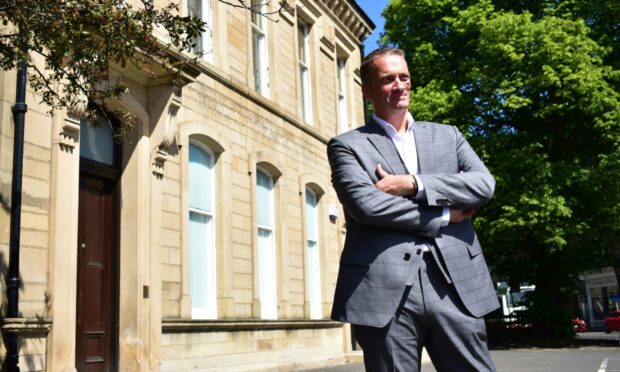Pressure on policy makers to stem inflation has eased, at least temporarily, as the rate of inflation has fallen back from last month’s highs, new figures show.
Figures for the Office for National Statistics (ONS) revealed the Consumer Prices Index including owner occupiers’ housing costs (CPIH) rose by 2.1% in the 12 months to July 2021, down from 2.4% in the 12 months to June.
However the number is still higher than it should be. The Bank of England (BoE) which sets interest rates, has a target of a 2% rate of inflation.
Jonathan Athow, ONS deputy national statistician for economic statistics said:
“Inflation fell back in July across a broad range of goods and services, including clothing, which decreased with summer sales returning after the pandemic hit the sector last year. This was offset by a sharp rise in the price of second-hand cars amidst increased demand, following a shortage of new models.
Yet rampant inflation in wages due to worker shortages has prompted voices in the hospitality industry to call for the relaxation of immigration rules.
Shortages of products caused by a lack of HGV drivers are also causing problems for businesses, including the Nando’s restaurant chain which has been forced to closed restaurants because they can’t get ahold of supplies of its staple fresh chicken.
The Scottish Hospitality Group (SHG) said businesses are facing a 20% increase in wage costs due to a shortage of staff and has demanded the UK government work with the three devolved nations to introduce a migrant visa scheme to provide employers with access to workers.
It said a mid-level chef might now expect to earn £30,000 a year, and a server around £25,000 (based on a 45-hour week). In all cases, the need to recruit new staff at higher rates has an inflationary effect across the board as existing staff are brought level.
Further, venues are having to shut early or restrict their numbers, crippling the sector’s ability to reclaim lost revenue over two summers and one Christmas.
Stephen Montgomery, SHG spokesperson, said the staff crunch is causing significant problems and the easing of the furlough scheme in five weeks is unlikely to be enough: “Operators can’t get staff, wage inflation is rampant and all the supply chain problems are combining to act as a brake on our economic recovery.
“We should expect to see more people looking for work once furlough ends but it will be too little, too late. The reality is that we need temporary 1- or 2-year visas for EU workers to make sure all businesses can recruit the right talent.
Nic Wood, owner of Signature Group which operates 21 venues including the Spiritualist and the Nox nightclub, said: “It is incredibly frustrating that after all we’ve been through that we can’t get enough staff to open up our venues to their full capacity or hours.
“The issues of furlough, lack of staff and supply chain complications are jeopardising hospitality’s ability to try and scrabble back to pre-Covid trade levels.”
Janet Mui, investment director at wealth manager Brewin Dolphin, said the slowdown in the rate of inflation was “bigger-than-expected” but that next month was likely to see it back on the boil.
She said: “With strong demand, higher prices in the services sector due to labour shortages, and the rise in the electricity tariff cap in October, inflation is likely to resume an upward trend.
“That said, the Bank of England’s forecast of a peak inflation of 4% seems high after today’s lower-than-expected data.
“Pandemic-related disruption and associated policy measures continue to make it difficult to get a clear picture of inflation dynamics in the short term. What is clear is the Bank of England prefers to view high inflation as transitory and will remain patient with regards to potential policy tightening.”
